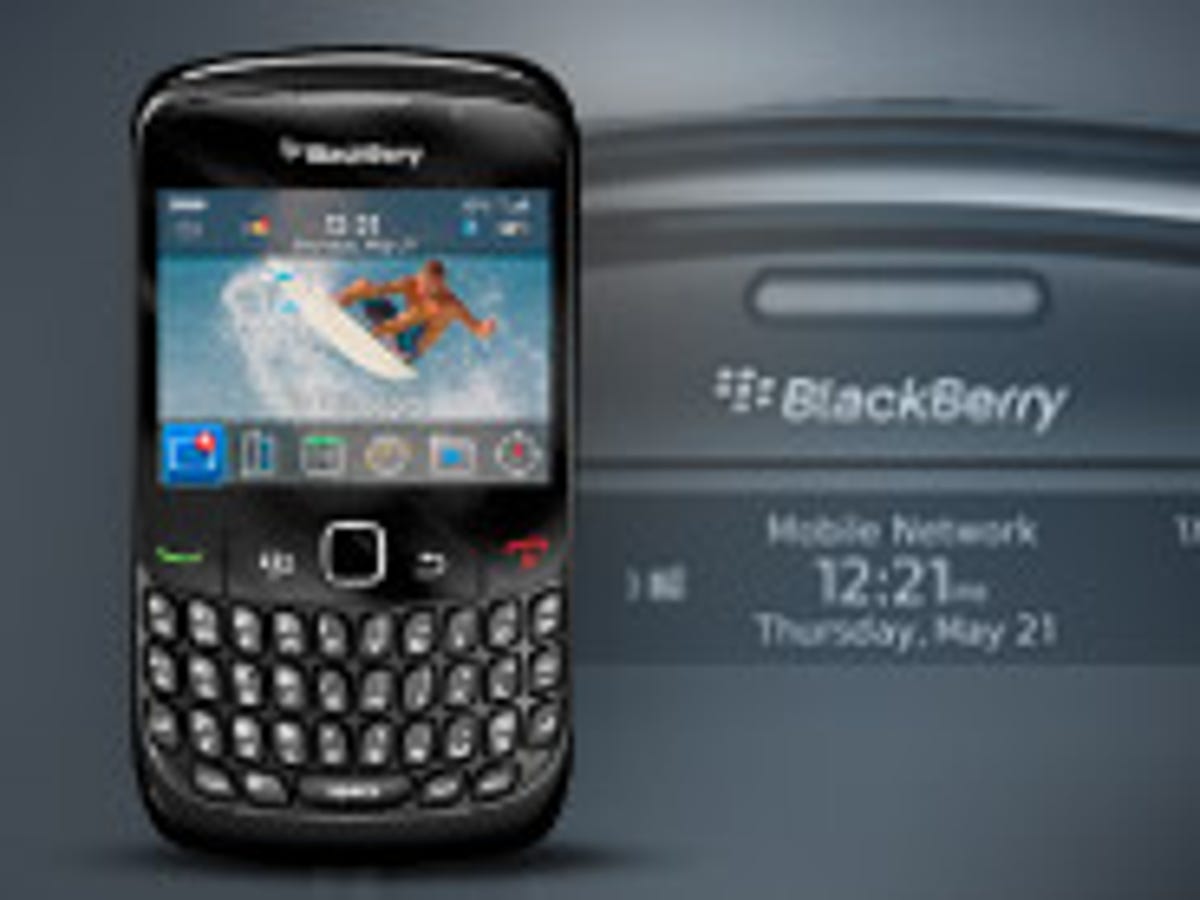This is turning out to be a rough week for BlackBerry maker RIM when it comes to international relations: the latest blow is that the European Commission has opted for the iPhone and HTC handsets over the BlackBerry to roll out to its employees.

Research In Motion
The search for a new smartphone began in 2008 when the Commission, the European Union’s executive arm, was deploying a new synchronization tool, prompting it to evaluate different devices on the market, including BlackBerrys. The EC has been using PDAs made by Q-Tek (later HTC) since 2003.
“Following this evaluation, the HTC and the iPhones emerged as the most suitable platforms for voice/mail-centric mobile devices. As a result, the Commission currently supports these two platforms,” spokesman for the EC wrote in an e-mail statement sent to CNET on Wednesday.
The EC had reviewed its choices for a new smartphone, the spokesman said, by weighing a number of criteria, including security, financial impact, integration in the EC’s IT infrastructure, resiliency, administrative overhead, and openness toward other applications and future technologies.
The new choice of phone will affect around 2,500 of the organization’s 32,000 employees, according to the spokesman.
The thumbs-down from the EC comes amid growing concerns and complaints from various countries about RIM’s BlackBerry network. Some government officials have argued that RIM’s tight security and encryption protocols prevent them from monitoring and accessing customer data in the name of national security.
On Sunday, the United Arab Emirates announced plans to block key BlackBerry services starting October 11 in light of RIM’s failure to comply with UAE regulations. On Tuesday, Saudi Arabia announced its own BlackBerry ban, set to start this week.
RIM is also facing a shutdown of BlackBerry services in India over similar concerns. Reports have surfaced that RIM might be willing to compromise on its tight security to avoid the ban. But the company has so far denied such reports, insisting that its customer data is secure and that it could not accommodate any request to hand over the encryption key.
On Tuesday, meanwhile, RIM unveiled its BlackBerry Torch smartphone. Running BlackBerry OS 6, the new phone will hit the stores August 12.



